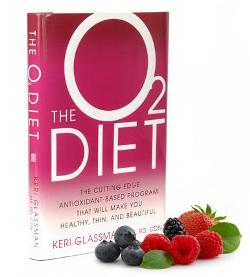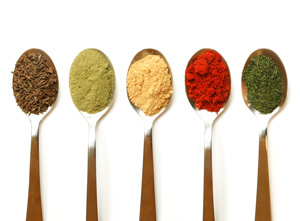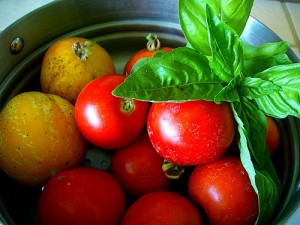 This week, experts came out to say the O2 Diet, an antioxidant-based program by registered dietitian Keri Glassman that promises weight loss and beauty, may not make you any healthier. The O2 diet stresses eating foods that rank high on the ORAC scale and instead of counting calories, dieters count ORAC points, which stands for “oxygen radical absorbance capacity.”
This week, experts came out to say the O2 Diet, an antioxidant-based program by registered dietitian Keri Glassman that promises weight loss and beauty, may not make you any healthier. The O2 diet stresses eating foods that rank high on the ORAC scale and instead of counting calories, dieters count ORAC points, which stands for “oxygen radical absorbance capacity.”
According to Glassman, the ORAC scale measures how well a food protects against free radicals, which are substances in the body that may cause cancer, heart disease and other ailments. In February 2024, Glassman told Diets In Review that consuming a diet rich in antioxidants has been linked to strengthening the memory, improving the skin, and aiding in weight loss.
While these principles may be true, chemists and food scientists recently revealed that eating according to ORAC won’t necessarily make you any healthier, as ORAC testing is not standardized across the industry and was not designed to compare two foods against one another. Multiple factors, such as food storage, age and processing, can all affect a food’s ORAC score.
Though ORAC scores may be misleading, the O2 Diet is based on healthy guidelines and encourages eating a lot of good-for-you foods, a variety of fruits, veggies, healthy fats, high fiber whole grains and lean proteins, as well as occasional indulgences like O2 Diet’s aramelized Pear and Pecan French Toast. Glassman also suggests eating consistently through the day, drinking plenty of water and green tea, getting plenty of sleep, exercising regularly and managing stress.
Despite recent developments in ORAC numbers’ meaning, market research firm Euromonitor International predicts that consumers may begin to see more ORAC numbers in advertising and on labels. To avoid label confusion at the grocery store, remember that while ORAC numbers can be a good indicator of nutrition, it’s the nutrition panel that will provide the most accurate information.










